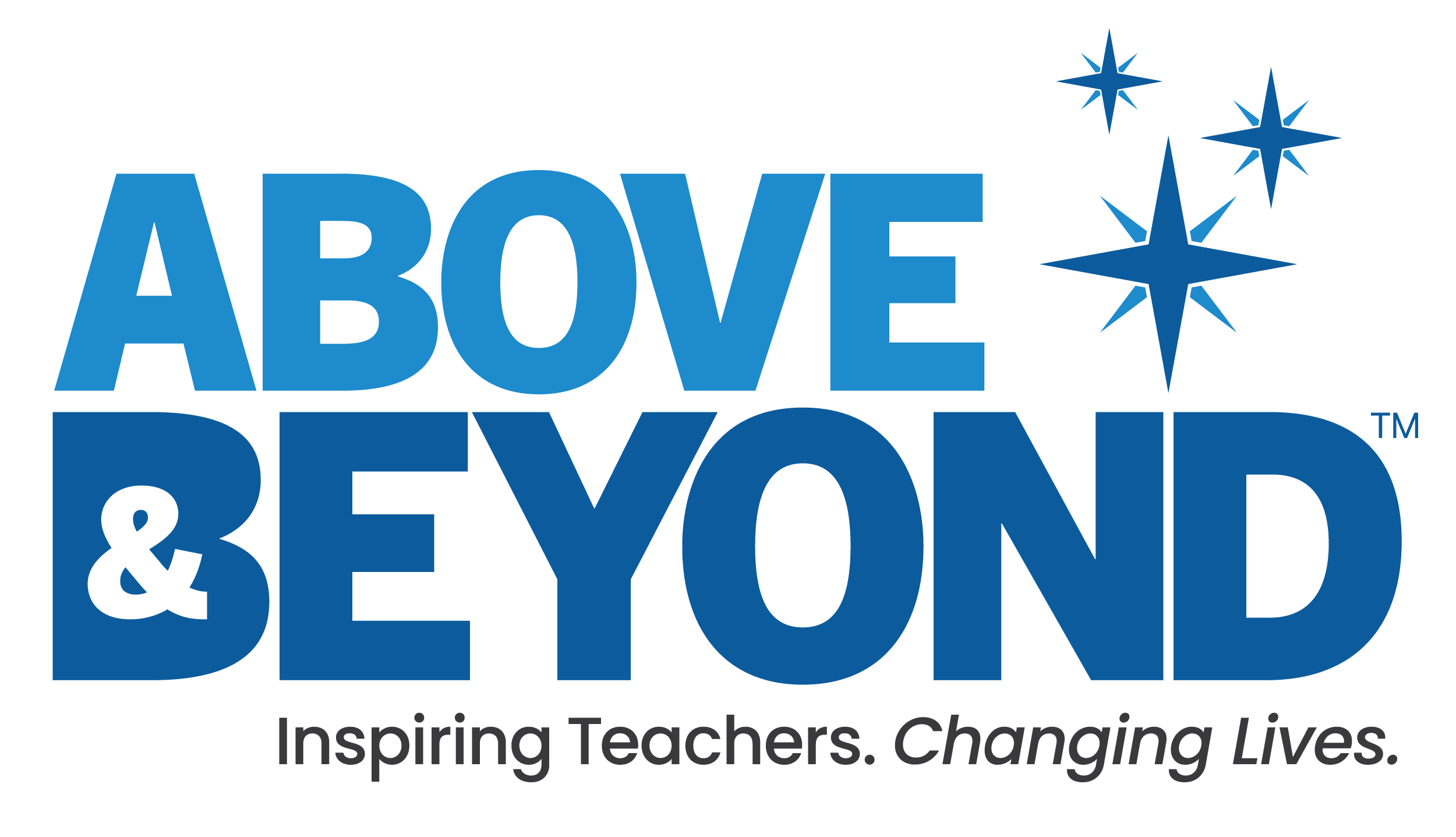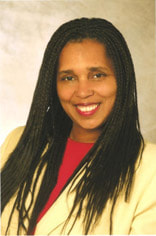When Marlene Carter graduated from Dorsey High School in southwest Los Angeles, she had no idea she would one day return there to teach. After graduating from Dorsey, she earned her B.A. in English and M.S. in Education Curriculum and Instruction from the University of Southern California.
Her first teaching job took her to the upper middle class community of Woodland Hills to teach at El Camino Real High School. Teaching at this high performing high school left an imprint on her as she made a decision to seek a position at a school closer to her home. She returned to Dorsey High School to teach in the Math Science and Technology Magnet, bringing with her eight years of experience and a desire to help her Dorsey students achieve at the same level as her El Camino students.
During the summer before she began teaching at Dorsey, Marlene became a fellow of the UCLA Writing Project. In a five-week summer institute, she read professional literature on writing and reading instruction, learned more strategies for teaching writing, and shared her professional knowledge with her writing project peers. She continues to work closely with the Writing Project and is now one of the Associate Directors of the UCLA Writing Project. She has also served as the Co-director of the California Writing Project with a focus on secondary literacy. Her connection to the Writing Project and its teacher research group led Marlene to the Carnegie Foundation for the Advancement of Teaching. As a fellow of the Carnegie Foundation, Marlene researched ways to help the African American males succeed in her AP English class. Marlene is also a National Board Certified teacher.
After 32 years of teaching Marlene still looks forward to every day at school. She said, “First, I truly love my students and think every one of them deserves the very best a teacher can give to them. Secondly, I am convinced they will achieve much greater success in their lives if they are educated. Thus, it all begins with the idea that we can all make a difference. I believe I can and do make a difference and I try to show my students that they, too, can and will make a difference.
“Every year, when a new group of students comes to me, I am faced with a different challenge. Each new group is different than the last in what they bring to the classroom and what it is in their background that may hinder their ability to concentrate or learn. Getting to know each new group is critical and adds to the on-going challenge of the job – which keeps me fresh.
“Sometimes, I am very frustrated by the lack of skills and training the students have when they get to me. However, it is my job to give them the foundation and move them forward. I begin each new class by talking about the expectation of going to college. I tell them they WILL all going to go to college – from barber college to Howard University. I try to set the expectation as a given and then I begin to teach them ‘as if’ they were college students. I demand a lot. I make them read incredible amounts of literature. I make them write daily and extensively and, along the way, I will teach them a variety of writing skill they will be able to implement whether they are writing in college or in a business.
“Because we have such a multi-cultural student population, I try to structure my lessons so students can see themselves in relation to the outside world. I structure my classes so they get to know one another and I require them to show mutual respect for one another. I use literature selections that demonstrate mutual respect for other cultures. Every level of class I teach includes listening and speaking skill development. I tell my students that I always will expect their very best efdforts and I tell them to expect me to push them to do more work than they have ever done. Somehow, they always seem to respond. We spend a lot of time selecting pieces they have written, and sometimes already re-written, to do another re-write. If I don’t see the improvement I expect, I honestly feel it is my fault and I go back to find ways to re-teach and give them opportunities to learn a different way.
“Along with the extensive writing and re-writing, I also try to include a great deal of debate and discussion about issues of the day that pertain to their immediate lives. We do a lot of group work, with each student having specific responsibilities. Learning to trust and depend on one another is not something my students do easily. My goal is to get them to think logically and critically and demonstrate how this information is important for their classmates to know and understand. By seeing the importance of what they are learning and by working closely in groups, the students soon see each other much differently.
“Another critical decision I make each year is related to how I attempt to make my assignments as relevant as possible and relate the themes to their immediate surroundings and experience. For example, I ask them to write an essay describing how they see themselves in terms of racial or ethnic identity. This really opens the door for discussion about stereotypes and misconceptions. While these assignments are the most difficult assignments to complete, the students are more likely to open up and demonstrate empathy for their classmates. It also opens up an extraordinary acceptance for their personal struggles. Quite often, they are surprised to see they are not alone in their fears and apprehension about how other see them. They often correct misunderstandings about cultures and beliefs. It is quite powerful and brings a class very close together.
“Racial tensions, both inside and outside the classroom, definitely impact student learning at Dorsey High. Therefore, I have them write about race only from a positive perspective and then have them share their writing while they sit in the “author’s chair” and read their essay aloud. By writing about matters of race and identity, I hope to increase their understanding of one another, lessen the tension and force them to be part of a rigorous, standards based curriculum that will prepare them for college. I want to empower them and writing empowers students to voice their opinions. People who don’t learn to write well lose some of their power.
“My job and the role I play in the lives of my students is ever-challenging and ever-changing. That is what keeps me going after 32 years. My message to my students is simple: Be the very best in whatever you choose to do and give your very best at all times – the rest will take care of itself.”
-Published 2010


